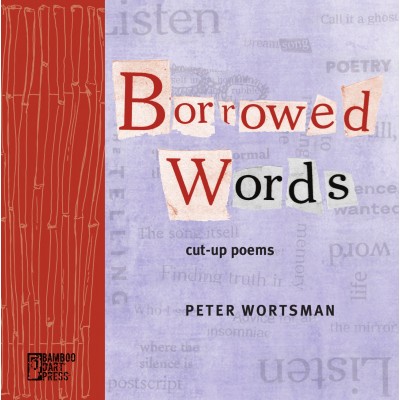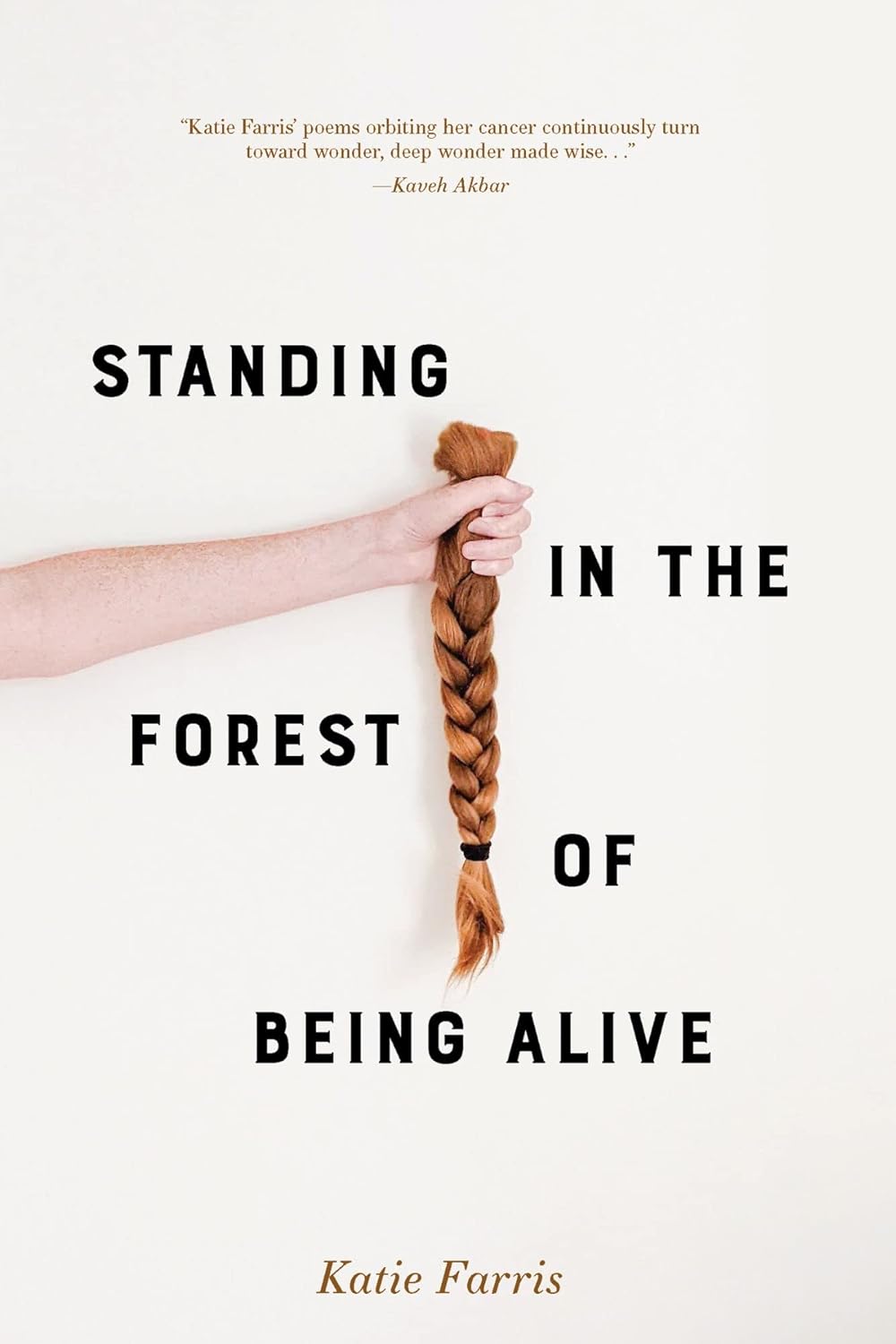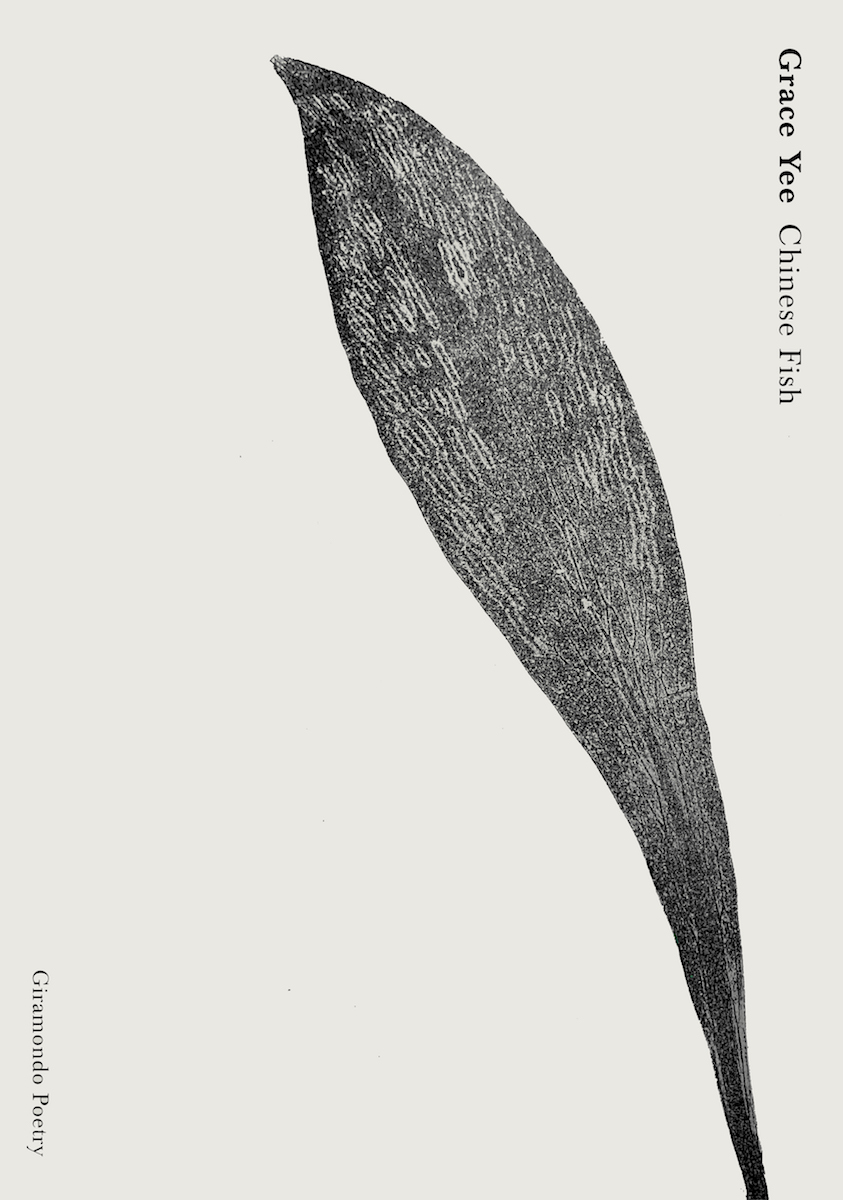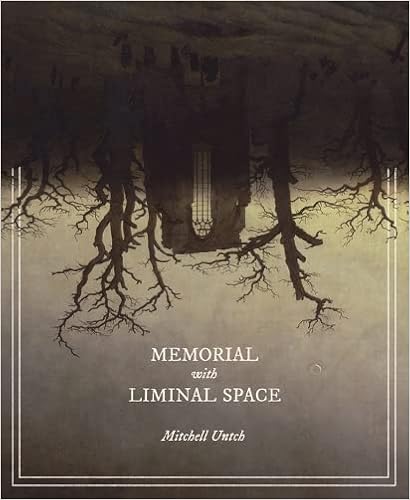 David Giannini is a wonderful teacher. This is a partial list of the words he taught me: Tardis [sic] (acronym for Time and Relative Dimension in Space), withes (branches of an osier used for tying), gnomon (part of a sundial that casts a shadow), dittany (a bushy shrub), skift (something that is light), sposhy (slushy, dirty, and wet), rivulose (having irregular lines), garth (small yard or enclosure), tohubohu (a state of chaos; utter confusion), and my favorite, mondegreen (a mishearing or misinterpretation of a phrase in a way that gives it a new meaning.)
David Giannini is a wonderful teacher. This is a partial list of the words he taught me: Tardis [sic] (acronym for Time and Relative Dimension in Space), withes (branches of an osier used for tying), gnomon (part of a sundial that casts a shadow), dittany (a bushy shrub), skift (something that is light), sposhy (slushy, dirty, and wet), rivulose (having irregular lines), garth (small yard or enclosure), tohubohu (a state of chaos; utter confusion), and my favorite, mondegreen (a mishearing or misinterpretation of a phrase in a way that gives it a new meaning.)
A review of The Year My Family Unravelled by Cynthia Dearborn
 Dearborn writes with such clarity, and with so much good-natured acceptance and linguistic beauty, that the revelations which pepper this book are like rockets propelling the narrative. It’s a real skill, allowing the book to take on the rhythm and pacing of Russell’s slow decline while incorporating a modern perspective and synthesis.
Dearborn writes with such clarity, and with so much good-natured acceptance and linguistic beauty, that the revelations which pepper this book are like rockets propelling the narrative. It’s a real skill, allowing the book to take on the rhythm and pacing of Russell’s slow decline while incorporating a modern perspective and synthesis.
A review of Borrowed Words: Cut-up Poems by Peter Wortsman
 This poet’s cut-up poems, generated mostly during the lockdown phase of the pandemic, when he felt “cut-off [like a] … modern day monk languishing in the solitude of my cell…” find their roots in Dada poet Tristan Tzara’s méthode découpé, and shares scissors with William S. Burroughs’ cut-up method by which the gunman-junkie-novelist made new poems from old material. Wortsman’s approach differs though from his forbears.
This poet’s cut-up poems, generated mostly during the lockdown phase of the pandemic, when he felt “cut-off [like a] … modern day monk languishing in the solitude of my cell…” find their roots in Dada poet Tristan Tzara’s méthode découpé, and shares scissors with William S. Burroughs’ cut-up method by which the gunman-junkie-novelist made new poems from old material. Wortsman’s approach differs though from his forbears.
A Conversation with Beth McDermott about Figure 1
 Beth McDermott is the author of Figure 1 and a chapbook titled How to Leave a Farmhouse. Interviewer Tiffany Troy talks to Beth about her new book which is rooted in the ekphrastic tradition and features the mind at work framing and dismantling images and exploring what exists beneath the surfaces of our socially constructed selves.
Beth McDermott is the author of Figure 1 and a chapbook titled How to Leave a Farmhouse. Interviewer Tiffany Troy talks to Beth about her new book which is rooted in the ekphrastic tradition and features the mind at work framing and dismantling images and exploring what exists beneath the surfaces of our socially constructed selves.
A review of Laughing Matters: Poems with a Wink and a Smile by James A. Tweedie
 James Tweedie is not only a first-rate poet, but is also a musician and composer, which is very refreshing to me, as I am also both a poet and a musician. You can hear the musicality exuding from his poetry. The meter is clean and precise, the rhymes are perfect, rarely slanted, so you get the full effect of the satisfactions inherent in perfectly-executed formal poetry. But it never upstages the humor and wit of Tweedie’s funny perspective, and the results are often quite unexpected!
James Tweedie is not only a first-rate poet, but is also a musician and composer, which is very refreshing to me, as I am also both a poet and a musician. You can hear the musicality exuding from his poetry. The meter is clean and precise, the rhymes are perfect, rarely slanted, so you get the full effect of the satisfactions inherent in perfectly-executed formal poetry. But it never upstages the humor and wit of Tweedie’s funny perspective, and the results are often quite unexpected!
A review of Standing in the Forest of Being Alive by Katie Farris
 Over and over, Farris lightly dances between the doors of this world and beyond, between the possibility of dying, between the possibility of continuing to live, almost daring death, daring the doctor. She continues to give the reader a very candid view of how she copes with cancer, treatment, other people’s views of her, her own sense of loss, America, and her will to live.
Over and over, Farris lightly dances between the doors of this world and beyond, between the possibility of dying, between the possibility of continuing to live, almost daring death, daring the doctor. She continues to give the reader a very candid view of how she copes with cancer, treatment, other people’s views of her, her own sense of loss, America, and her will to live.
A review of a brief letter to the sea about a couple of things by Ali Whitelock
 Ali Whitelock’s voice is so distinctive. I don’t just mean her beautiful Scottish brogue, though if you’ve ever heard her read, the richness of that accent will remain with you when you read her work on the page. Whitelock’s voice is woven throughout the work. It’s an immediacy and an openness that makes you feel, when reading her poetry, that you have been friends your whole life and she is not only confiding in you but drawing out of you your own dark secrets so you can laugh at them together.
Ali Whitelock’s voice is so distinctive. I don’t just mean her beautiful Scottish brogue, though if you’ve ever heard her read, the richness of that accent will remain with you when you read her work on the page. Whitelock’s voice is woven throughout the work. It’s an immediacy and an openness that makes you feel, when reading her poetry, that you have been friends your whole life and she is not only confiding in you but drawing out of you your own dark secrets so you can laugh at them together.
A Conversation with Mary Leader about The Distaff Side
 Mary Leader is a poet-lawyer from Oklahoma. She served as the Assistant Attorney General and later as a Referee for the Oklahoma Supreme Court. The Distaff Side, a collection about matrimony at the meeting of just-barely-on-the-surface and just-barely-underneath-it is her fifth collection of poems, The extraordinary visual aspects of the poem serve as the poet’s means for pleasure and defiance. In this interview with Tiffany Troy, Mary talks about her new book and the process of writing it, major themes, and more.
Mary Leader is a poet-lawyer from Oklahoma. She served as the Assistant Attorney General and later as a Referee for the Oklahoma Supreme Court. The Distaff Side, a collection about matrimony at the meeting of just-barely-on-the-surface and just-barely-underneath-it is her fifth collection of poems, The extraordinary visual aspects of the poem serve as the poet’s means for pleasure and defiance. In this interview with Tiffany Troy, Mary talks about her new book and the process of writing it, major themes, and more.
A review of Chinese Fish by Grace Yee
 The book contains lists, poems in two different styles, one style is always in italic and written in a way like if the person writing the piece doesn’t have full command of the English language, the others are normal poems, some of the poems as well as the narrated pieces include some words in Chinese characters. Furthermore, the reader will encounter short dialogues, archival fragments, old policies, lists, eight pages (eight is considered a lucky number in Chinese culture) containing the pictures of a Chinese doll and some political comments.
The book contains lists, poems in two different styles, one style is always in italic and written in a way like if the person writing the piece doesn’t have full command of the English language, the others are normal poems, some of the poems as well as the narrated pieces include some words in Chinese characters. Furthermore, the reader will encounter short dialogues, archival fragments, old policies, lists, eight pages (eight is considered a lucky number in Chinese culture) containing the pictures of a Chinese doll and some political comments.
Sun-Showered Burial: A Review of Memorial With Liminal Space by Mitchell Untchs
 A Memorial With Liminal Space speaks eloquently and intimately-one of those hallowed late-night conversations with someone you’ve known for a very long time. Reading this book helped me feel more connected to myself, the larger world, and loved ones that have passed, and that is a beautiful feeling I am deeply grateful for.
A Memorial With Liminal Space speaks eloquently and intimately-one of those hallowed late-night conversations with someone you’ve known for a very long time. Reading this book helped me feel more connected to myself, the larger world, and loved ones that have passed, and that is a beautiful feeling I am deeply grateful for.